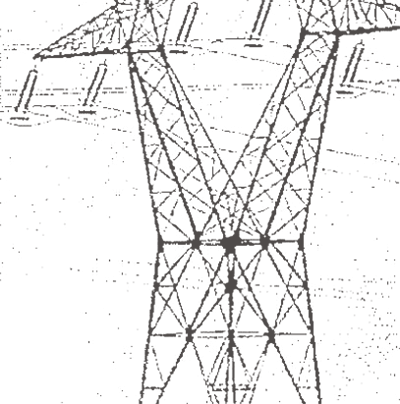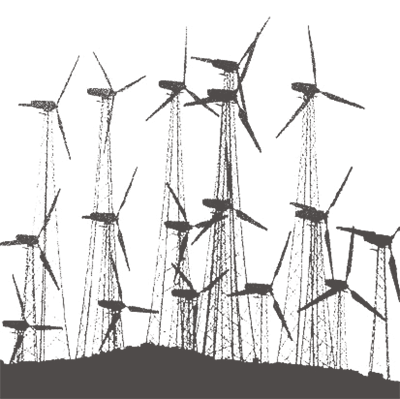Energy Law amendment
The Act of 22 July 2016 Amending the Energy Law and Certain Other Acts was published on 2 August 2016.

Power Market Act by the end of this year?
On 4 July 2016, a conference entitled “The power market: Consultations on functional solutions” was held at the Polish Ministry of Energy. At the event, the Minister of Energy announced that a Power Market Act would be drafted by the end of 2016. The power market is intended to ensure the energy security of Poland and continuity and reliability of the electricity supply.

New regulations may slow the growth of wind farms in Poland
A proposed Act on Wind Power Plant Projects presented in February 2016 is intended to specify the rules for siting of wind farms. But the current version of the proposal generates a huge risk for further growth of the wind power sector and for wind farms already in operation and even for persons interested in building housing near existing wind projects.

Energy efficiency audits still not mandatory
The obligation to conduct energy efficiency audits was supposed to be implemented into Polish law in 2015, but it hasn’t happened yet.

For energy regulation, think globally
TTIP negotiations present an opportunity to lift export restrictions on American oil and gas in force since 1938. Europe would gain increased security in the supply of energy commodities, and the US could reinforce the eastern borders of NATO while competing on the European market.

TTIP: Opportunities and threats for Europe’s power sector and energy-intensive industries
Signing the transatlantic free-trade agreement could increase Europe’s energy security. The trick is how to compete with American companies that are already using cheaper energy and don’t have to comply with the same restrictions on CO2 emissions.

Decarbonisation of EU economies: How does it work?
The issue of decarbonisation of the economies of EU member states, and in particular Poland, generates a lot of heat. Decarbonising the economy was named as one of the EU’s five energy priorities in the Commission communication entitled “A Framework Strategy for a Resilient Energy Union with a Forward-Looking Climate Change Policy.”

Proposal to reform EU’s CO2 emissions trading system
On 15 July 2015 the European Commission published a proposal to amend the current Emissions Trading System Directive (2003/87/EC).

Work on stabilisation reserve for CO2 emissions draws to a close
On 8 July 2015 the European Parliament issued a decision establishing a market stability reserve (MSR) mechanism for CO2 emission allowances. The decision was approved by the Council of the European Union on 18 September 2015.

New draft of the Renewable Energy Sources Act
Current producers of electricity from renewable energy sources as well as producers from modernised RES installations are to be offered a choice between maintaining the current support rules (using certificates of origin) and a new auction-based support system. The auction system would be applied with respect to new installations put into operation on or after 1 January 2016. Another major element of the latest proposal for the RES Act is support for “prosumer” generation of electricity at micro RES installations.

Uncertain future of support for industrial electricity customers
The Energy Law is to permit industrial users to obtain certificates of origin and present them for redemption for only a portion of the electricity they purchase. But the future of this support mechanism has been called into question.

Do windmills and power lines spoil the landscape?
The Polish Parliament is working on a bill known as the “Landscape Act,” which is intended to introduce effective mechanisms for protecting the landscape. But an unintended consequence could be to block the construction of aerial masts, power lines and wind turbines, rather than merely regulate their location.
